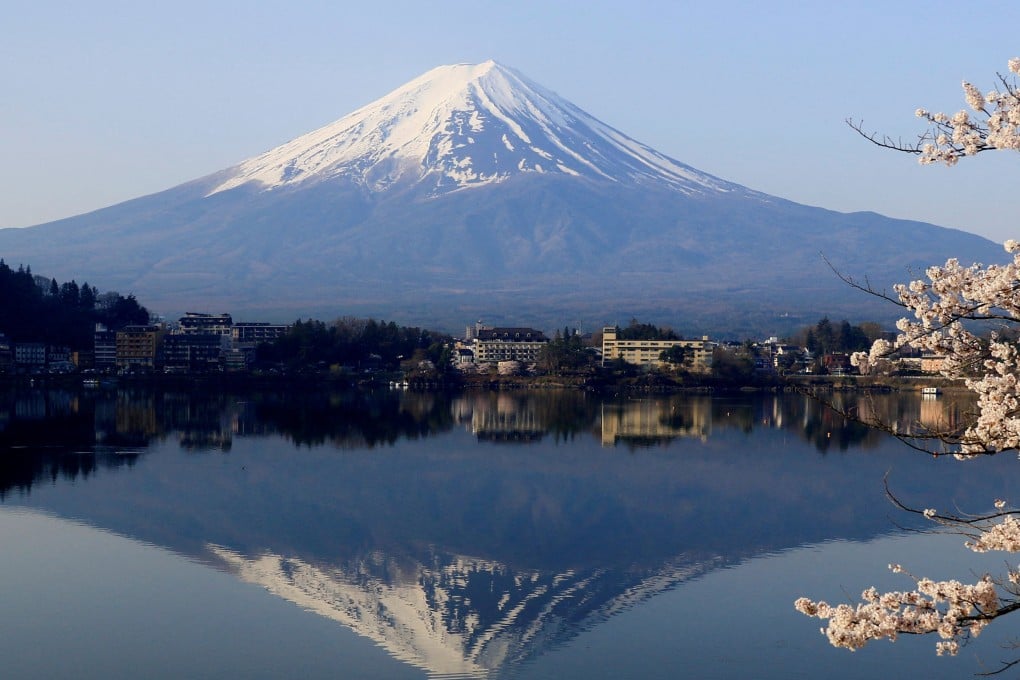Japan’s Mount Fuji loses a month of winter days as global warming accelerates
This warming trend, driven by human-caused climate change, affects snowfall and ecosystems, highlighting the urgent need to reduce fossil fuel use

A central Japan city at the foot of Mount Fuji has lost more than a month’s worth of winter days per year in the past decade due to global warming, a recent study by a US-based climate research organisation showed.
The city of Fuji in Shizuoka Prefecture added 35 winter days above zero degrees Celsius annually on average between 2014 and 2023, the most among 901 Northern Hemisphere cities analysed, according to a December report by Climate Central.
The findings come as Mount Fuji received its first snowcap of the season on November 7 this year, the latest date since records began in 1894.
More than half of 57 Japanese cities analysed saw climate change add at least two weeks’ worth of winter days above freezing each year, including Nagaoka in Niigata Prefecture and Kyoto, which saw an additional 23 days and 21 days, respectively.
As warmer winters could lead to water shortages due to reduced mountain snowpack, as well as increase the population of disease-carrying pests like mosquitoes and ticks, the organisation has stressed the importance of ending reliance on fossil fuels such as oil and coal as soon as possible.
“This warming trend, which is driven by human-caused climate change, not only disrupts the season itself but also erodes the benefits it provides year round,” the group noted.
The report, which compared observed December-February temperatures in the past 10 years with projected temperatures without human-induced climate change, found that around 44 per cent of the 901 cities analysed lost an average of a week or more of winter days annually due to global warming.

